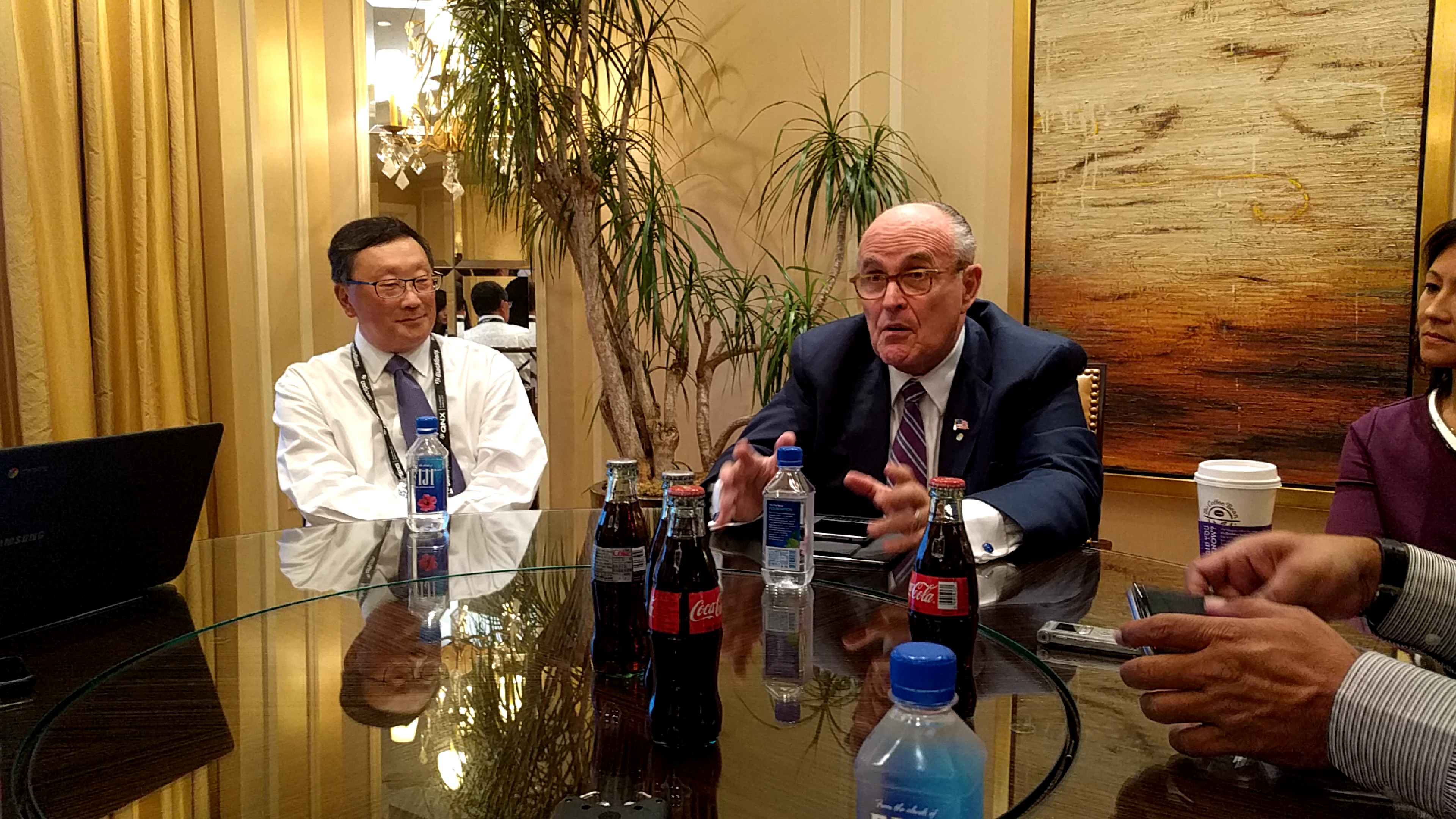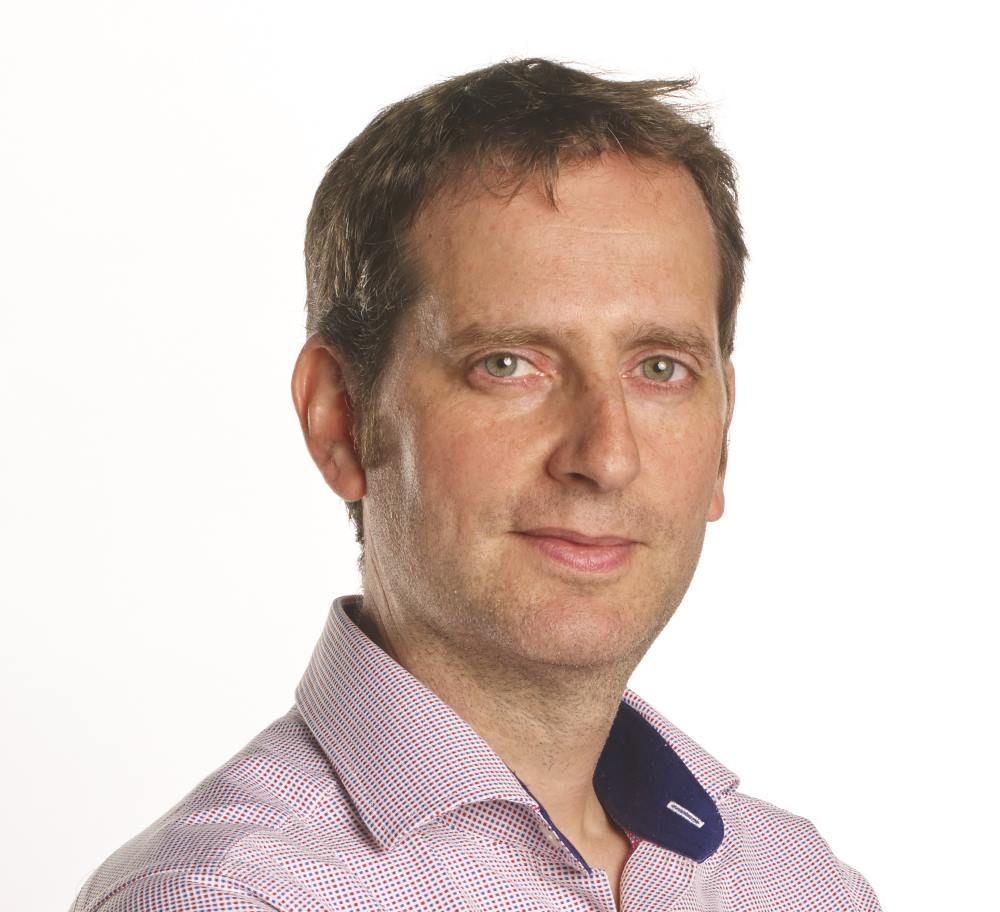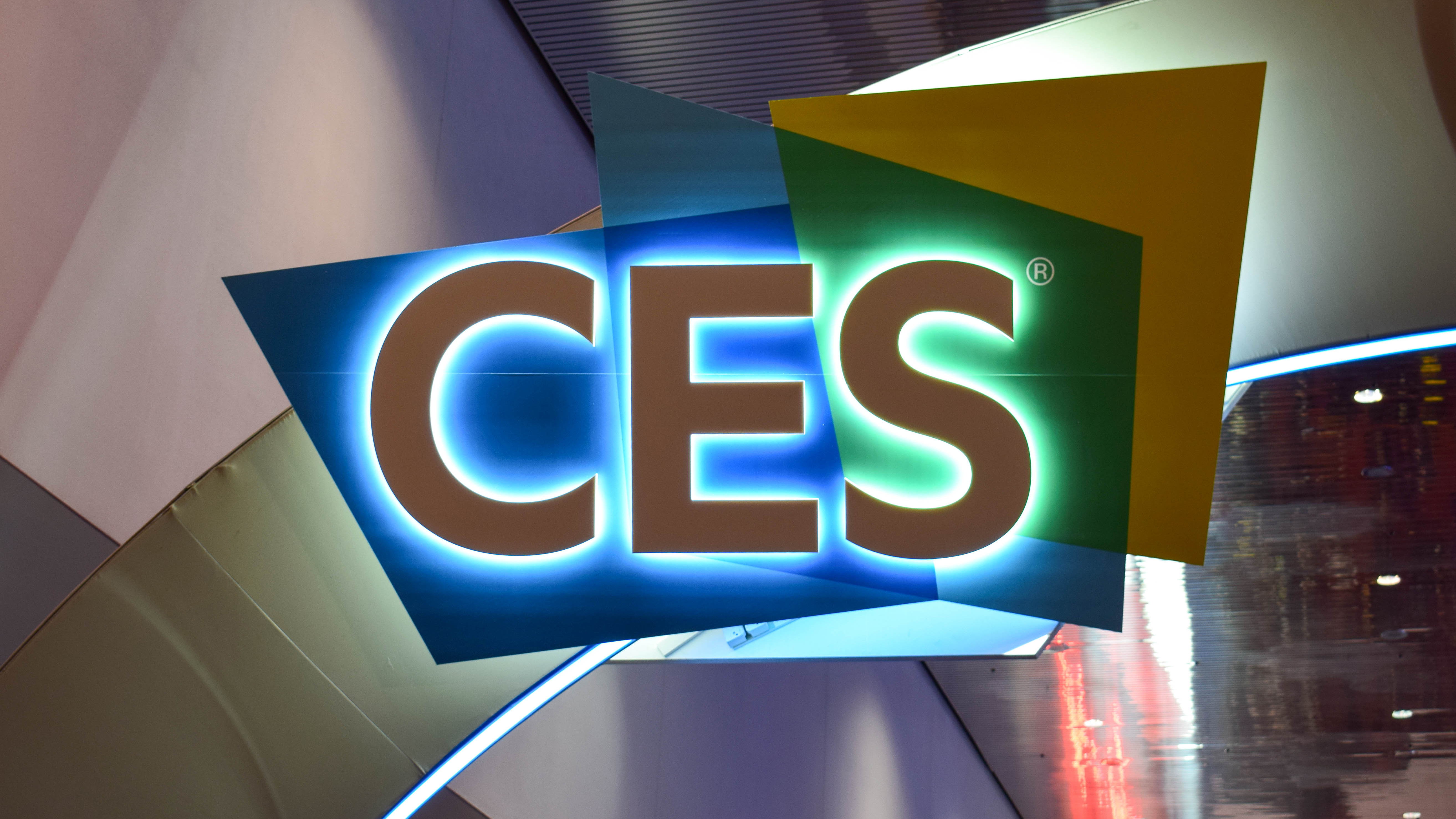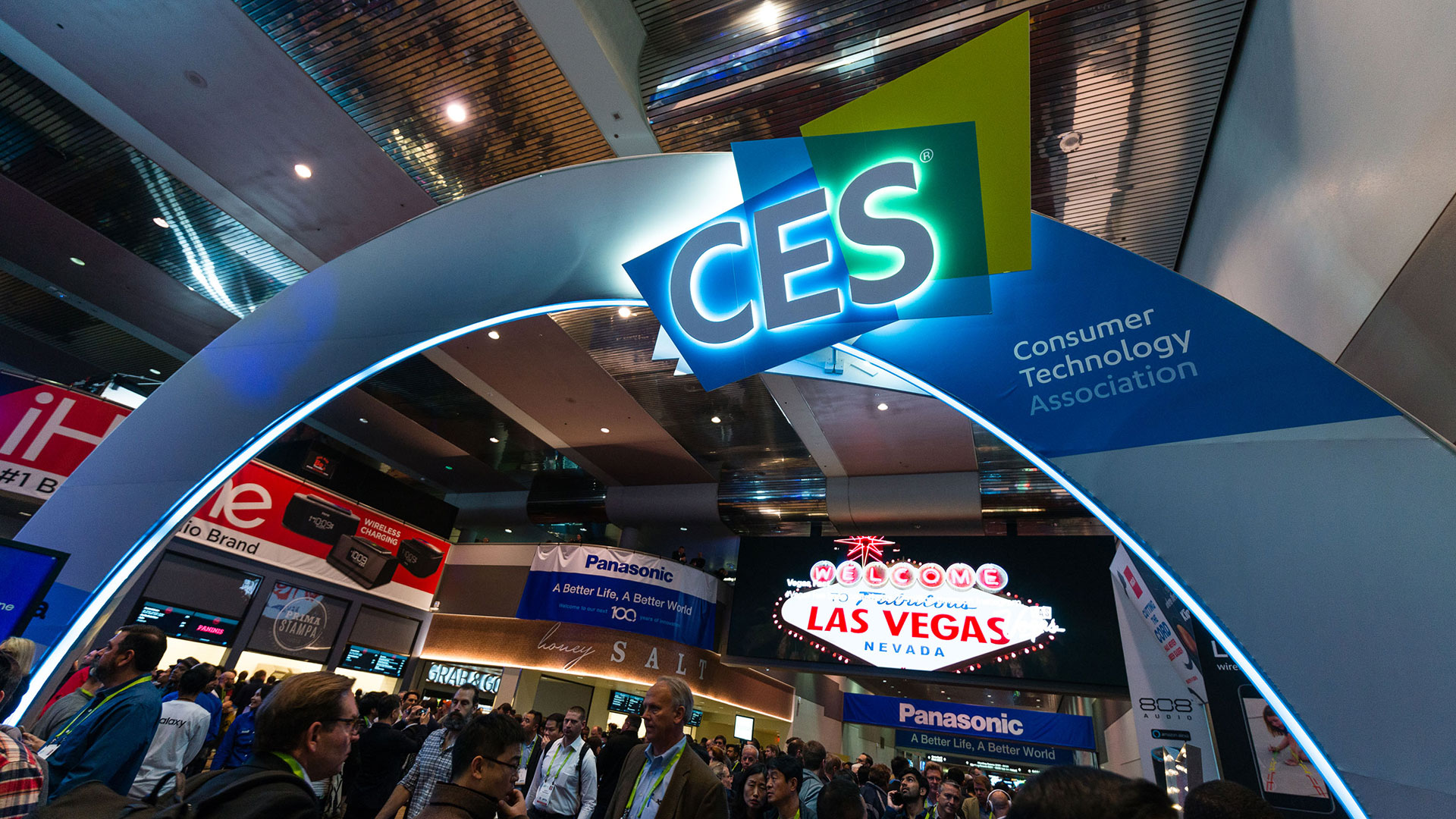John Chen: We stopped building BlackBerrys to bring more to market
CEO explains why ceasing production will see more BlackBerry phones than ever


When BlackBerry announced that it was stopping production of phones, many people took that to mean one thing - the end of the iconic BlackBerry devices so many people have come to love. But that's certainly not how John Chen, the company's quiet-spoken yet determined CEO, sees it.
"What you're going to see over time is more phones, more BlackBerry phones out there, because I [will] have multiple parties creating and distributing phones," he told IT Pro, in a roundtable interview at CES 2017. "I also have local parties in the local spaces where I normally can't compete."
Chen pointed to Indonesia, claiming that BlackBerry currently has "about 50 million users" there, giving the company a 20% market share. That's why a local carrier - the number two in the market - was keen to license the BlackBerry name and sell its own phones.
And, as has been well documented, TCL - the company behind Alcatel - will be building the final BlackBerry-designed phone, with the "Mercury" welcoming back the front-mounted keyboard that's so strongly associated with the BlackBerry name.
The final piece of the jigsaw before BlackBerry phones (as Chen hopes) become a worldwide force once more is the trio of Bangladesh, India and Sri Lanka, with Chen claiming a deal for a local builder is on its way.
So why not build the phones itself? According to Chen, it comes down to profit margins. "We put so much money into IP creation and innovation that I'm not set up to take 1% or 2% [profit] on the hardware side."
"I don't want to make [phones] anymore," he added. "Making phones is highly intensive capital, lots of heavy lifting, a lot of hard work and very little margin. This is like us starting a PC company today."
Get the ITPro daily newsletter
Sign up today and you will receive a free copy of our Future Focus 2025 report - the leading guidance on AI, cybersecurity and other IT challenges as per 700+ senior executives
"Instead I want to take advantage of local distribution," Chen said, explaining that his Indonesian partner "has more stores than Apple could ever build in Indonesia".
With this model, BlackBerry keeps producing phones without the risk or financial burden of making the phones itself, but pockets the licensing fee for its software and renting out its brand name.
"I still manage the experience and the security because I still have the software," Chen added.
Partnership with ex-New York City Mayor Guiliani
Chen shared the roundtable with Rudy Guiliani, the outspoken former Mayor of New York City. Earlier, the two had announced a new partnership where BlackBerry would supply the mobile security intelligence to Giuliani Partners, the politician's cybersecurity consultancy firm targeting government and enterprises. Chen said the deal ties into his argument that the BlackBerry business can start moving beyond hardware devices and into broader areas of security.
"We also have [a] security brand, Secure by BlackBerry, which could go beyond phones - into things like Internet of Things," said Chen.
By moving out of phone production, "I can get out of the process and the capital and the cash required to keep the handset going, only on the software, and move more of that investment into the cybersecurity side or the automotive side."
Picture: L-r: John Chen and Rudy Giuliani
Tim Danton is editor-in-chief of PC Pro, the UK's biggest selling IT monthly magazine. He specialises in reviews of laptops, desktop PCs and monitors, and is also author of a book called The Computers That Made Britain.
You can contact Tim directly at editor@pcpro.co.uk.
-
 CES 2020: What happens in Vegas is coming to your workplace
CES 2020: What happens in Vegas is coming to your workplaceIn-depth The annual tech expo is now as much for CIOs as it is consumers
By Carly Page
-
 CES 2019 ushers in the age of data
CES 2019 ushers in the age of dataIn-depth The latest tech trends point to a new technological era
By Riyad Emeran

